2018-08-16
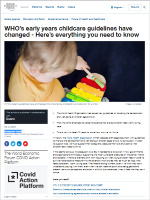 World Economic Forum welcomes WHO ECD guideline and nurturing care approach
World Economic Forum welcomes WHO ECD guideline and nurturing care approach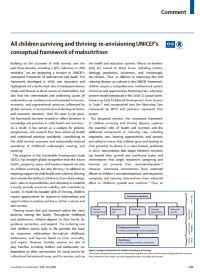 All children surviving and thriving: re-envisioning UNICEF's conceptual framework of malnutrition
All children surviving and thriving: re-envisioning UNICEF's conceptual framework of malnutrition Technical Note: Protection of children during the coronavirus pandemic
Technical Note: Protection of children during the coronavirus pandemic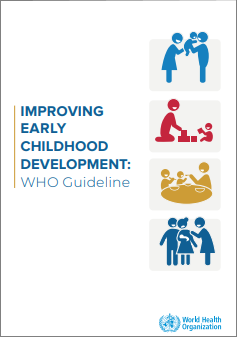 WHO guideline on improving early childhood development
WHO guideline on improving early childhood development Landscape analysis of survive, thrive, and transform interventions for children
Landscape analysis of survive, thrive, and transform interventions for children A future for the world's children? A WHO–UNICEF–Lancet Commission
A future for the world's children? A WHO–UNICEF–Lancet Commission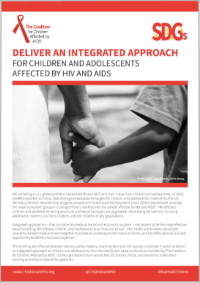 Deliver an integrated approach for children and adolescents affected by HIV and AIDS
Deliver an integrated approach for children and adolescents affected by HIV and AIDS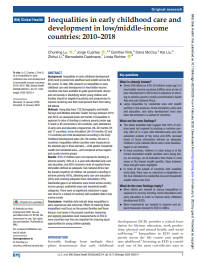 Inequalities in early childhood care and development in low/middle-income countries: 2010–2018
Inequalities in early childhood care and development in low/middle-income countries: 2010–2018
 Early childhood development – Pediatricians, the bridge between science and parenting
Early childhood development – Pediatricians, the bridge between science and parenting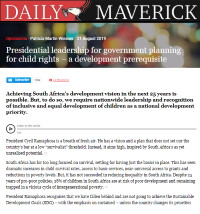 Achieving South Africa’s development vision
Achieving South Africa’s development vision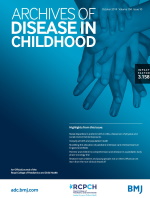 Accountability for funds for Nurturing Care: what can we measure?
Accountability for funds for Nurturing Care: what can we measure?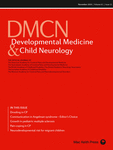 Nurturing care framework for inclusive early childhood development: opportunities and challenges
Nurturing care framework for inclusive early childhood development: opportunities and challenges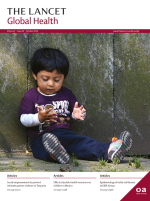 Do effects of early life interventions on linear growth correspond to effects on neurobehavioural development? A systematic review and meta-analysis
Do effects of early life interventions on linear growth correspond to effects on neurobehavioural development? A systematic review and meta-analysis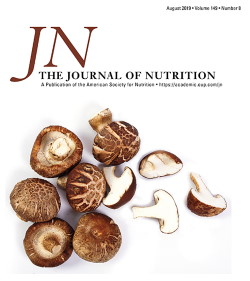 Conceptualizations of child development benefit from inclusion of the Nurturing Care Framework
Conceptualizations of child development benefit from inclusion of the Nurturing Care Framework Dissemination and uptake of the Nurturing Care Framework since May 2018
Dissemination and uptake of the Nurturing Care Framework since May 2018 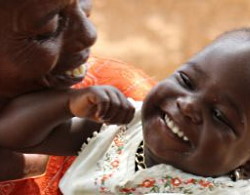 Integrated ECD interventions in HIV programs in Tanzania
Integrated ECD interventions in HIV programs in Tanzania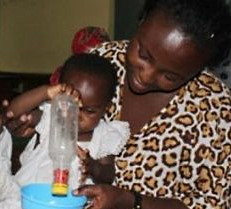 Integrating attention to ECD in HIV programs in Tanzania and Zambia
Integrating attention to ECD in HIV programs in Tanzania and Zambia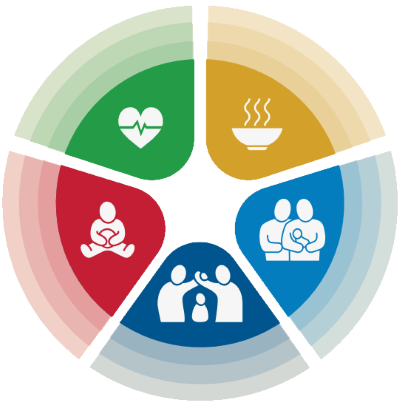 Operationalizing nurturing care for early childhood development
Operationalizing nurturing care for early childhood development Community-based, integrated nurturing care in rural China
Community-based, integrated nurturing care in rural China 2018 monitoring report for Every Woman Every Child global strategy for women's, children's and adolescents' health
2018 monitoring report for Every Woman Every Child global strategy for women's, children's and adolescents' health Paper for UNESCO on nurturing care in crisis settings
Paper for UNESCO on nurturing care in crisis settings Essential writings on early childhood development
Essential writings on early childhood development Early childhood matters
Early childhood matters Seattle Times op-ed discusses nurturing care
Seattle Times op-ed discusses nurturing care Implementation research and practice for early childhood development – Annals of the New York Academy of Sciences Special Issue
Implementation research and practice for early childhood development – Annals of the New York Academy of Sciences Special Issue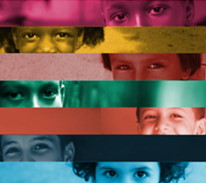 INSPIRE: Seven strategies for Ending Violence Against Children
INSPIRE: Seven strategies for Ending Violence Against Children Lancet Series: Advancing early childhood development: from science to scale
Lancet Series: Advancing early childhood development: from science to scale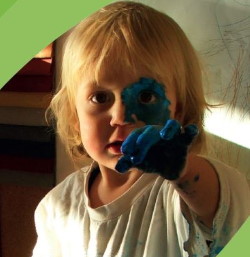 ISSA quality framework
ISSA quality framework